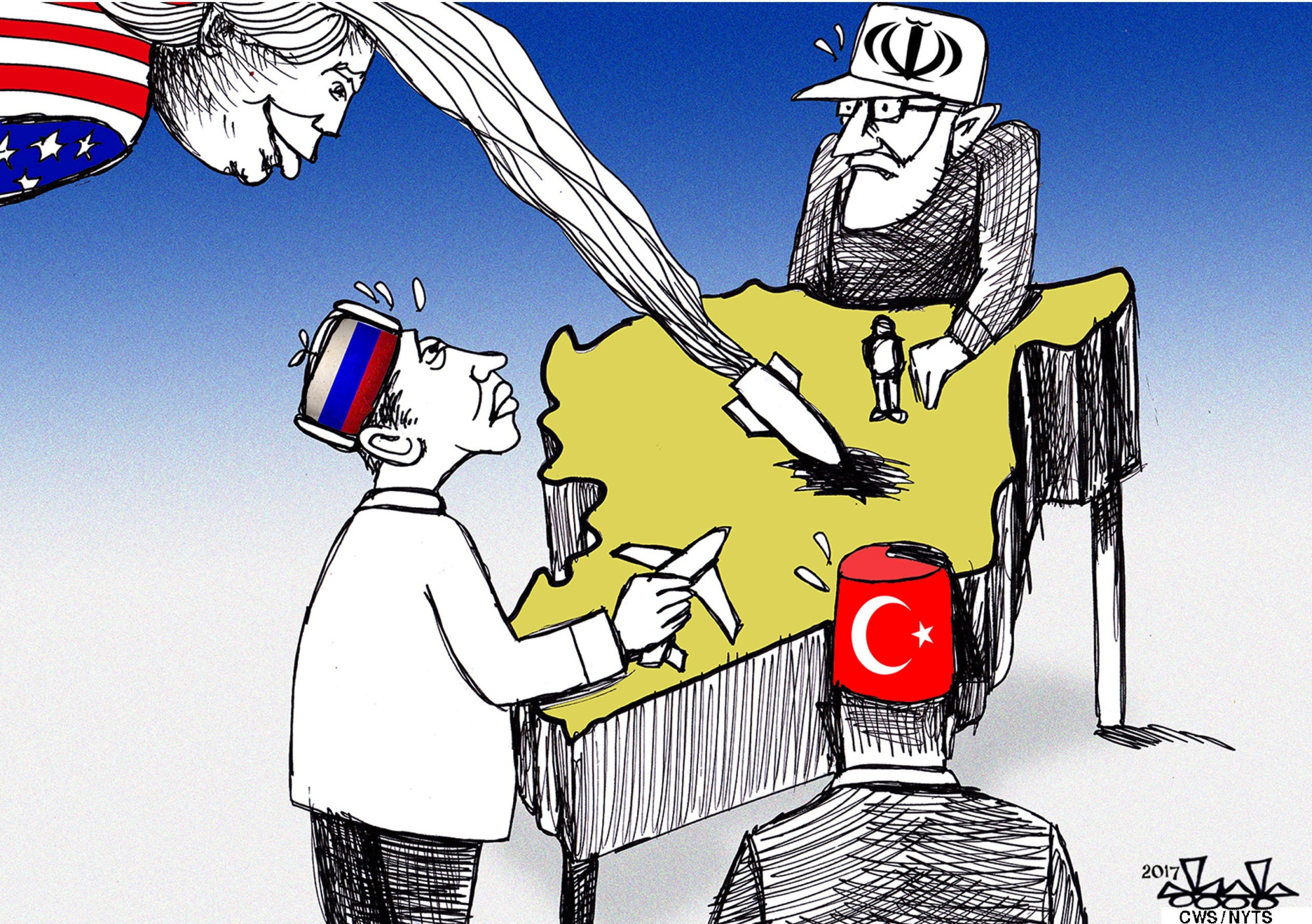U.S. President Donald Trump's effort to bar citizens from seven predominantly Muslim countries has provided, up until now, the main barometer of how his administration is viewed in the Islamic world. But Trump's decision to fire 59 Tomahawk missiles at a Syrian air base, in response to the latest chemical weapons attack by President Bashar Assad's forces, is likely to provide another — perhaps more revealing — indication of who stands where.
To former U.S. government officials and many Muslims, Trump's proposed travel ban represents a betrayal of liberal values and offers a recruiting gift to extremists. But, among Washington's oldest allies in the Middle East — those with the most to gain from a partisan president leaning their way — the response has largely been silence. After eight years of being told what to do by the White House, Trump is seen as a welcome — if potentially unsettling — change of pace.
Saudi Arabia may be the Trump administration's greatest (albeit silent) cheerleader. The Saudis were never comfortable with President Barack Obama's overtures to Iran, and were particularly startled when he told The Atlantic magazine that the Iranians and Saudis "need to find an effective way to share the neighborhood and institute some sort of cold peace." The Saudis, bogged down in a proxy war with Iran in neighboring Yemen, are elated that Trump is contemplating an increase in assistance to repel Iranian encroachment from their strategic backyard.



















With your current subscription plan you can comment on stories. However, before writing your first comment, please create a display name in the Profile section of your subscriber account page.